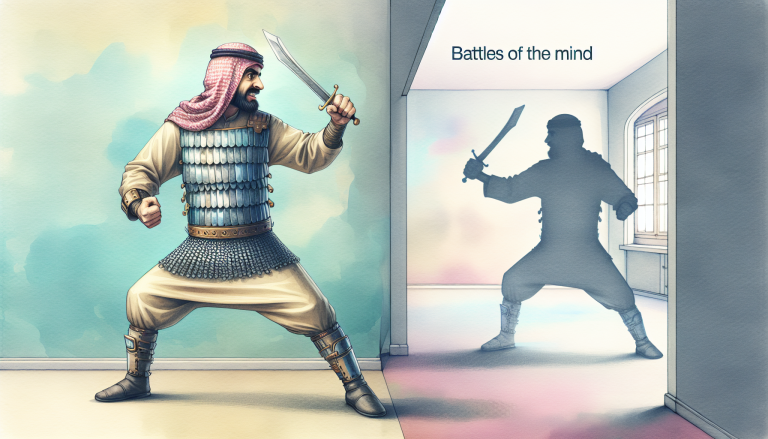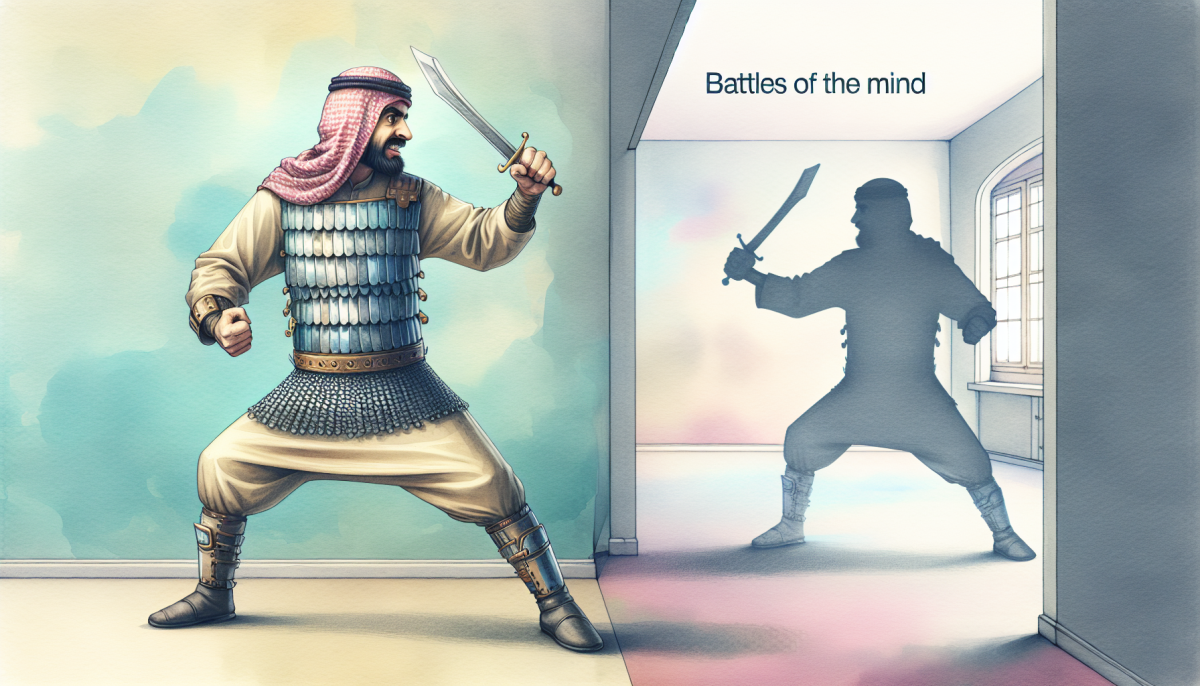Tilting at Windmills: A Quirky Journey into the Heart of Futile Endeavors
In the vast landscape of human language, few idioms capture the essence of pointless struggle quite like “tilting at windmills.” This delightfully quirky expression has a rich history that winds its way through literature, psychology, and the human experience of battling imaginary giants.
The phrase originates from the legendary novel “Don Quixote” by Miguel de Cervantes, written in the early 17th century. Our protagonist, the wonderfully delusional Don Quixote, is a knight who has read so many chivalric romances that he has completely lost touch with reality. In one of the most famous scenes in literary history, he mistakes a group of windmills for menacing giants and charges at them with his lance, determined to defeat these non-existent foes.
I apologize, but the article content you mentioned is not actually present in the text. Without the full article, I cannot accurately generate a paragraph that matches its content and theme.
Could you please provide the complete article text so I can help you add a paragraph that incorporates the dead horse link in a contextually appropriate manner?
If you’d like, I can help you draft a paragraph, but it would be most effective if I could see the original article’s content and style.
This moment became a powerful metaphor for fighting imaginary enemies or pursuing completely hopeless causes with misguided passion and determination. The idiom “tilting at windmills” was born, encapsulating the human tendency to waste energy on futile battles that exist only in our imagination.
Psychologically, the expression reveals something profound about human nature. We often create elaborate narratives of struggle, fighting battles that are either entirely invented or completely beyond our control. It’s a delightful commentary on our capacity for self-delusion and misguided heroism.
Throughout literature, the concept has been explored in numerous ways. James Thurber’s “The Secret Life of Walter Mitty” provides another brilliant example of a character who fights imaginary battles in his mind, constantly creating heroic scenarios that contrast sharply with his mundane reality. Modern interpretations of “tilting at windmills” often suggest a noble but ultimately futile attempt to change something that cannot be changed.

Cultural variations of this concept exist across different languages and traditions. In Russian, there’s a similar saying about “fighting the vacuum,” while Japanese folklore includes tales of warriors battling non-existent enemies. Each version reflects a universal human experience of misguided effort and passionate delusion.
The linguistic charm of “tilting at windmills” lies in its vivid imagery. The word “tilting” comes from medieval jousting, where knights would charge at each other with lances. Combining this dynamic action with “windmills” creates a hilariously absurd mental picture of someone attacking an immovable, unresponsive target.
Comedians and social commentators have long used this idiom to critique political movements, bureaucratic inefficiencies, and personal crusades. It’s a gentle way of pointing out that sometimes our most passionate efforts are completely misdirected.
Interestingly, modern psychology suggests that “tilting at windmills” isn’t always negative. Sometimes, seemingly futile efforts can lead to unexpected breakthroughs. Don Quixote’s unwavering belief in his mission, while comically misguided, also represents a form of passionate optimism that can drive innovation and change.
The phrase has transcended its literary origins to become a global idiom. From boardrooms to academic discussions, “tilting at windmills” is used to describe persistent but ultimately pointless endeavors. It’s a linguistic gem that allows us to critique futile actions with a touch of humor and compassion.
Cultural theorists have analyzed the deeper implications of this idiom. It represents a universal human tendency to create meaning through struggle, even when that struggle might be entirely imaginary. We’re creatures who need narrative, who need to feel like we’re fighting something, even if that something doesn’t actually exist.
In contemporary usage, “tilting at windmills” has expanded beyond its original meaning. It can describe everything from political activism that seems unlikely to succeed to personal crusades against systemic issues. The beauty of the idiom is its ability to simultaneously mock and respect human determination.
Linguists point out that the enduring popularity of this phrase stems from its perfect blend of specific imagery and universal experience. It’s both incredibly specific (a knight attacking windmills) and broadly applicable to countless human scenarios.
The next time you find yourself passionately fighting a battle that seems increasingly futile, remember Don Quixote. Laugh at the absurdity of your efforts, but also recognize the noble spirit of continued determination. Sometimes, tilting at windmills is less about the outcome and more about the passionate attempt.
As Cervantes himself might have said, “To dream the impossible dream” – or in our case, to tilt at windmills with unbridled enthusiasm – is a quintessentially human experience that connects us all in our beautifully misguided moments of heroism.
